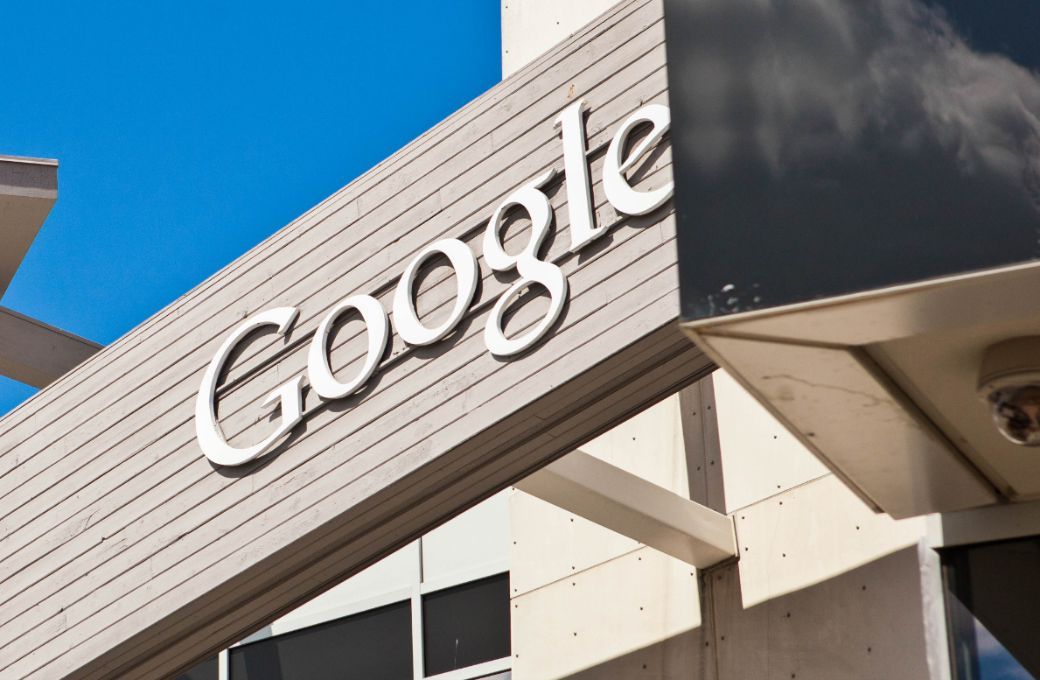Today, the UK House of Lords will be giving the Media Bill its second reading, after broad cross-party support in the Commons. Looking at the debate on the regulation of news publishers, which continued the fallout from the 2012 Leveson Report, I couldn’t suppress the feeling that the legislation is fighting yesterday’s battles, not today’s.

In the area of written journalism (without wishing to say anything about broadcasting), the UK Government, whatever its political colour, needs to ask itself a question: who regulates the media? Theoretically, it’s supposed to be the Independent Press Standards Organisation, and indeed, the IPSO does handle major complaints (358 of them in 2022). But from the point of view of most publishers in the UK, there’s a far more powerful entity to whom we are subservient.
An overwhelming percentage of written news content is now consumed online – to the point that several newspapers have stopped reporting to the Audit Bureau of Circulations. In 2023, The Guardian claimed 81 million unique monthly visitors to its website, of which 22.4 million were in the UK; the daily circulation of the print version was estimated by the Press Gazette as 74,000. The largest title still reporting, the Daily Mail, has lost nearly 40% of its print circulation in four years, the Financial Times nearly 30%. The Ofcom 2022 “News Consumption in the UK” report confirms the decline of print, while online consumption of news held steady.
For anyone publishing online, the vast majority of users reach their site via search engines. In 2019, BrightEdge Research put the figure at 53%. Here at Bachtrack, the numbers are higher and increasing: 80% in 2019, increasing to 89% in 2023. A publisher’s survival depends on having the ability to attract organic search traffic.
That makes publishers utterly dependent on a single organisation: Google, which owns over 90% of the search market worldwide (and more in the UK). Google has the power of life and death over our business: if they decide to stop showing our web pages in search results, or even substantially reduce the numbers, it’s game over. We live in a state of abject fear of the day when we inadvertently commit some hideous crime against the Googlebot, or fall foul of some unexpected change in its algorithm.
Over the years, we have spent close to zero time or mental energy worrying about the IPSO’s Editors’ Code of Practice. On the other hand, we have spent staggering amounts of effort, and occasionally money, on the arcane mysteries of Search Engine Optimisation.
Google’s search tools are of little help to us (an example: after “Bachtrack”, they tell us, our most popular search keyword is “xxvib”, the catalogue number of an obscure Haydn cantata). So we are left with sifting the many pages of Google’s advice, which are always vague and often contradict each other, in the hope of extracting some nuggets of wisdom which might save us from the disaster of being pushed down their lists of results. The experience is that of a monk who spends days and nights hunched over religious texts straining to discern the meaning of the pronouncements of a particularly inscrutable deity.
At the top of Google’s list of “key best practices” is the injunction to “Create helpful, reliable, people-first content”. If only it were that simple. We publish some 2,000 articles and reviews per year, not to mention thousands of event listings, and we take great pride in all of them. Of course, some of these are better than others and some are more blatantly crowd-pleasing.
But the position in which our content appears in search results is bafflingly variable – as is Google’s choice of what results it lists ahead of us. The company’s explanations provide few clues as to why: “Google uses automated ranking systems that look at many factors and signals”, it says, adding, “Our helpful content system is designed to better ensure people see original, helpful content written by people, for people.”
Where the IPSO is an entity with which we are unlikely to be involved, Google is our God, the judge and jury who determine our fate in a court which gives no reason for its decisions and grants no right of appeal (minor exceptions are their list of technical errors, which are generally straightforward to fix, and their “Page Experience” report, which is broadly considered to be only a minor factor in search rankings).
It adds up to this: a foreign organisation, with no democratic mandate even in its own country, has total control over the vast majority of the flow of information to UK citizens, able to act in its own commercial interests arbitrarily and without oversight. If I were in the UK government, I would be doing something about this. Being a lowly media proprietor, I merely live in terror.


